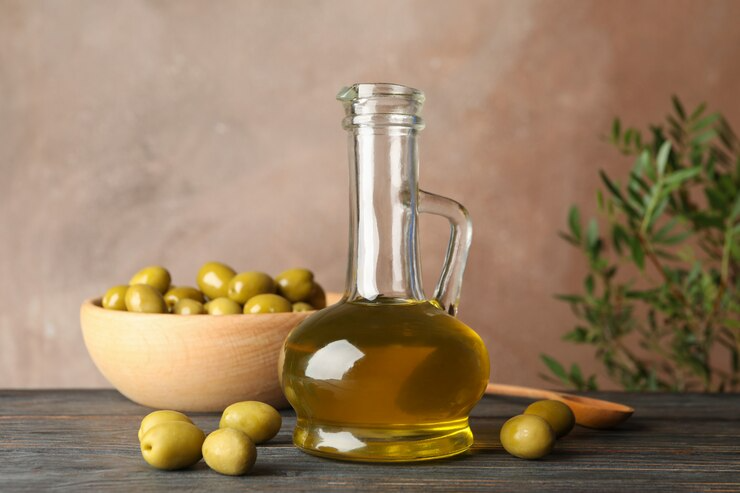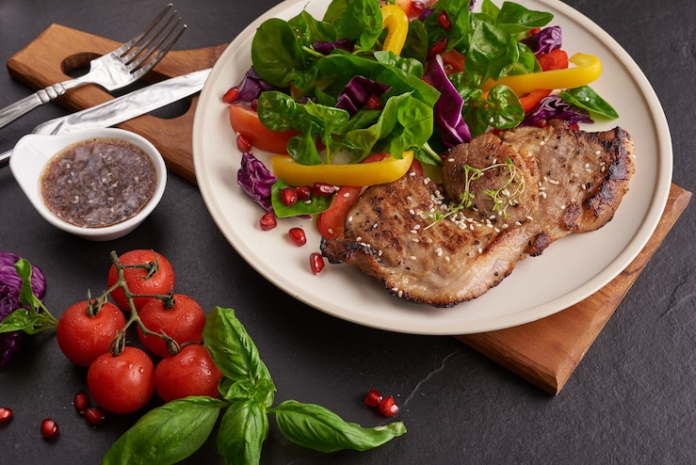A healthy diet is crucial for liver health. Many foods contain beneficial compounds that can improve liver enzyme function, prevent fat accumulation, and reduce inflammation and oxidative stress in the liver. This vital organ plays many roles, from manufacturing proteins and cholesterol to storing essential nutrients and even carbohydrates. It also acts as a detoxifying filter, processing substances like medications and byproducts of metabolism. Including these beneficial foods in your diet is a great way to support your liver health.
What are the best foods to eat for your liver?
1. Coffee
Contrary to its reputation, coffee appears to be a champion for your liver. Studies suggest it can protect against liver disease, even for those facing liver health concerns. Research indicates that coffee consumption lowers the risk of cirrhosis (permanent liver scarring) and liver cancer in individuals with chronic liver disease. It may also reduce inflammation and improve overall liver function. Interestingly, the benefits are most pronounced for those who drink at least 3 cups daily.
Coffee’s magic touch? It limits the buildup of fat and collagen in the liver, both hallmarks of liver damage. Additionally, coffee boosts glutathione, an antioxidant that combats harmful free radicals within the body, protecting cells from damage.

2. Tea
While tea is generally known for its health benefits, green tea stands out for its potential to improve liver health. Studies have shown that green tea consumption can lower liver enzyme levels in people with nonalcoholic fatty liver disease (NAFLD). Green tea extract supplements may also offer similar benefits. Additionally, research suggests that regular green tea drinkers have a lower risk of developing liver cancer. However, caution is advised, especially for those with existing liver issues. Some reported cases of liver damage have been linked to green tea extract supplements, so consulting a doctor before taking them is crucial.

3. Grapefruit
Thanks to its natural antioxidant content, grapefruit packs a punch for liver health. Naringenin and naringin are the two main antioxidant stars, offering protection through reduced inflammation and cell damage. Research suggests these antioxidants might even hinder the development of hepatic fibrosis, a condition marked by excessive connective tissue buildup in the liver, often caused by chronic inflammation.
It’s important to note that most studies have focused on the isolated antioxidants in grapefruit rather than the whole fruit or its juice and were conducted on animals. However, the current evidence points towards grapefruit’s potential to promote liver health by preventing damage and inflammation.
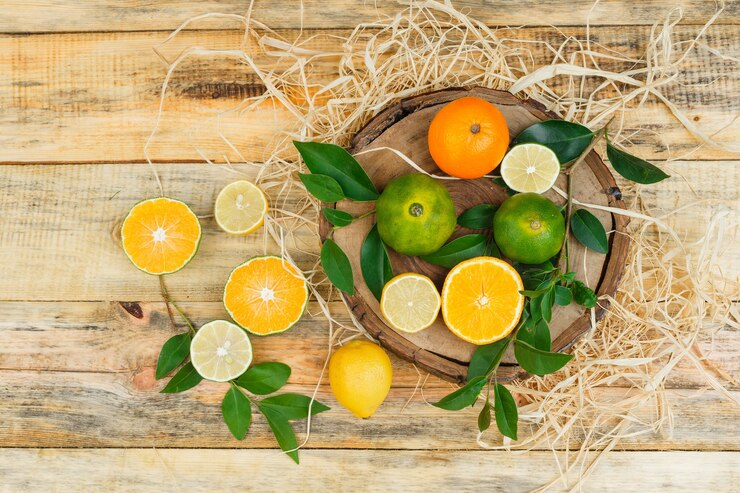
4. Blueberries and cranberries
Dark berries like blueberries and cranberries are champions for liver health thanks to anthocyanins, the antioxidants that give them vibrant colors. These anthocyanins have been linked to various health benefits. Notably, a 2021 study showed that cranberry supplements improved fatty liver disease (NAFLD) in people with the condition.
Additionally, test-tube studies suggest blueberry extract might inhibit the growth of human liver cancer cells, although further research is needed to confirm this effect in humans. Incorporating these delicious berries into your diet is a simple way to boost your liver’s antioxidant supply and improve its health.
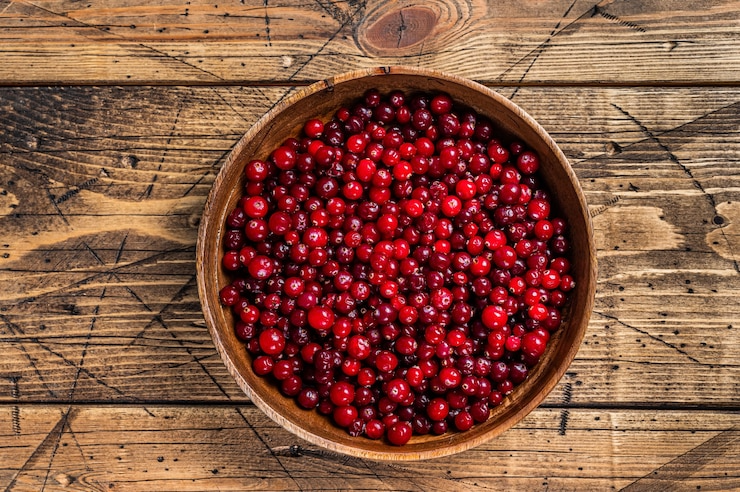
If you are interested to improve your gut health this is for you;
5. Grapes
Red and purple grapes are a potential source of liver-supporting plant compounds. While a 2020 rat study suggests grapes and grape juice may offer benefits like reduced inflammation, cell damage prevention, and increased antioxidant levels, it’s unclear if these effects translate to humans. Another study (2022) indicates that grape products might not significantly improve liver function or enzyme levels. More research is needed before recommending grape seed extract for liver health.

6. Prickly pear
Prickly pear cactus, with the scientific name Opuntia ficus-indica, is a type of cactus with edible fruits and juices. Traditionally, it’s been used to treat various ailments like wounds, fatigue, digestion problems, and even liver disease. A 2016 study suggests that prickly pear extract might help manage hangovers. This could be due to the anti-inflammatory and antioxidant properties of the cactus, potentially protecting the liver from alcohol damage. While more research is needed, especially on the fruit and juice itself, prickly pear shows promise for liver health based on current studies.
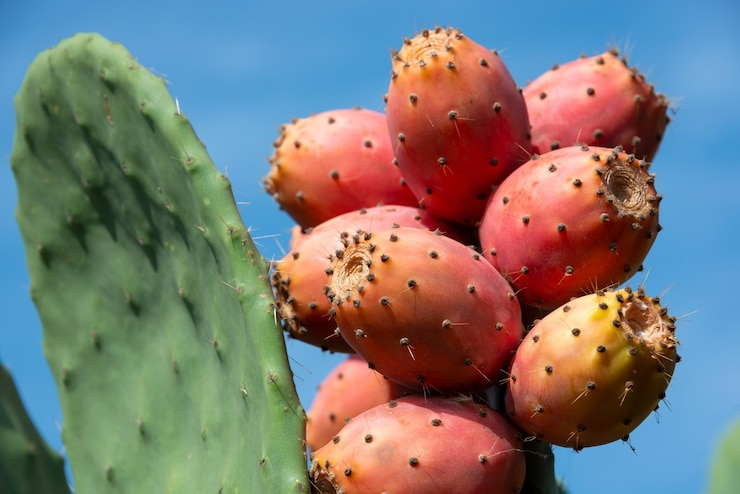
7. Beetroot juice
Beetroot juice packs a punch with nitrates and betalain antioxidants. Research on animals suggests it might be a champion against liver damage, potentially reducing inflammation and oxidative stress. However, these studies involve animals, and more human-based research is needed to solidify beetroot juice’s place as a liver health booster for people.
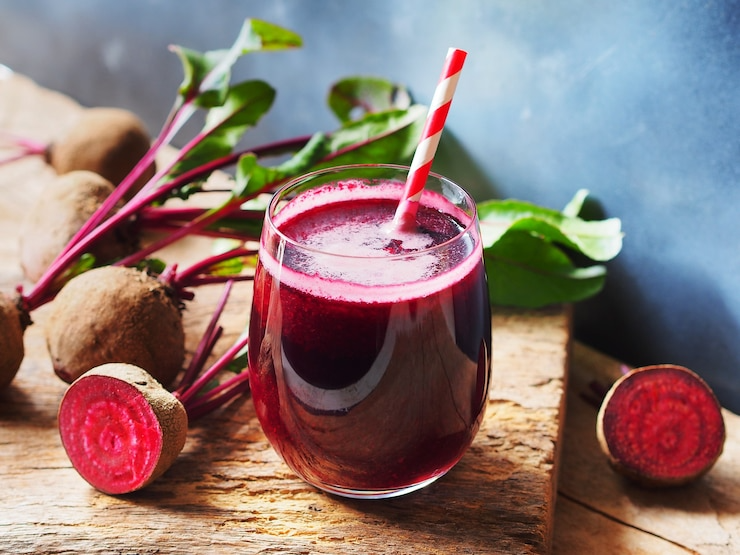
8. Cruciferous vegetables
Broccoli, Brussels sprouts, kale, and their cruciferous cousins are veggie stars! Packed with fiber and unique plant compounds, they might even help your liver. Studies suggest these vegetables influence how your body detoxifies and may shield your liver from harm. While research on people is still underway, cruciferous vegetables show promise as a tasty way to support liver health.

9. Nuts
Almonds, walnuts, pistachios – the nut crew is loaded with good stuff for your liver! These little powerhouses contain healthy fats, antioxidants, vitamin E, and other beneficial plant compounds. Research suggests a connection between higher nut intake and a lower risk of nonalcoholic fatty liver disease (NAFLD). While more in-depth studies are needed, nuts are becoming a tasty ally for liver health.
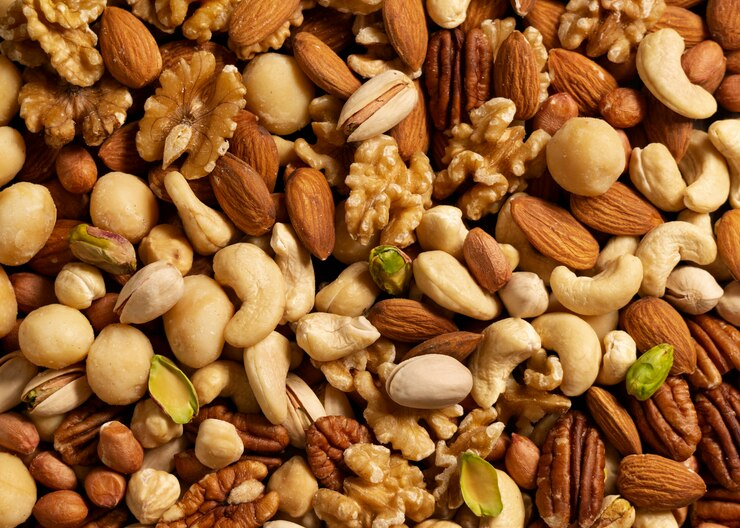
10. Fatty fish
Fatty fish like salmon and tuna are champions for your liver, thanks to their omega-3 fatty acids. These healthy fats combat inflammation and might lower your risk of heart disease. A 2016 study even linked omega-3s to reduced liver fat and triglycerides in people with NAFLD. But it’s not just about getting more omega-3s. The balance of omega-6 fats found in vegetable oils and butter is crucial. Too many omega-6 fats, as suggested by some animal studies, can promote liver problems. So, while adding fatty fish is excellent, consider reducing your omega-6 intake to create a more liver-friendly omega-3 to omega-6 ratio.

11. Olive oil
Olive oil goes beyond being a delicious addition to your meals. This heart-healthy fat boasts benefits for your metabolism, too [1]. But that’s not all – it turns out olive oil also loves your liver! Studies suggest a link between a Mediterranean diet rich in olive oil and a lower risk of fatty liver disease in older adults [2]. Other research shows olive oil consumption in humans may lead to less fat building up in the liver and even improve liver enzyme levels in the blood [3, 4]. Since fat accumulation is an early sign of liver trouble, olive oil’s positive impact on liver fat makes it valuable for a healthy diet.
